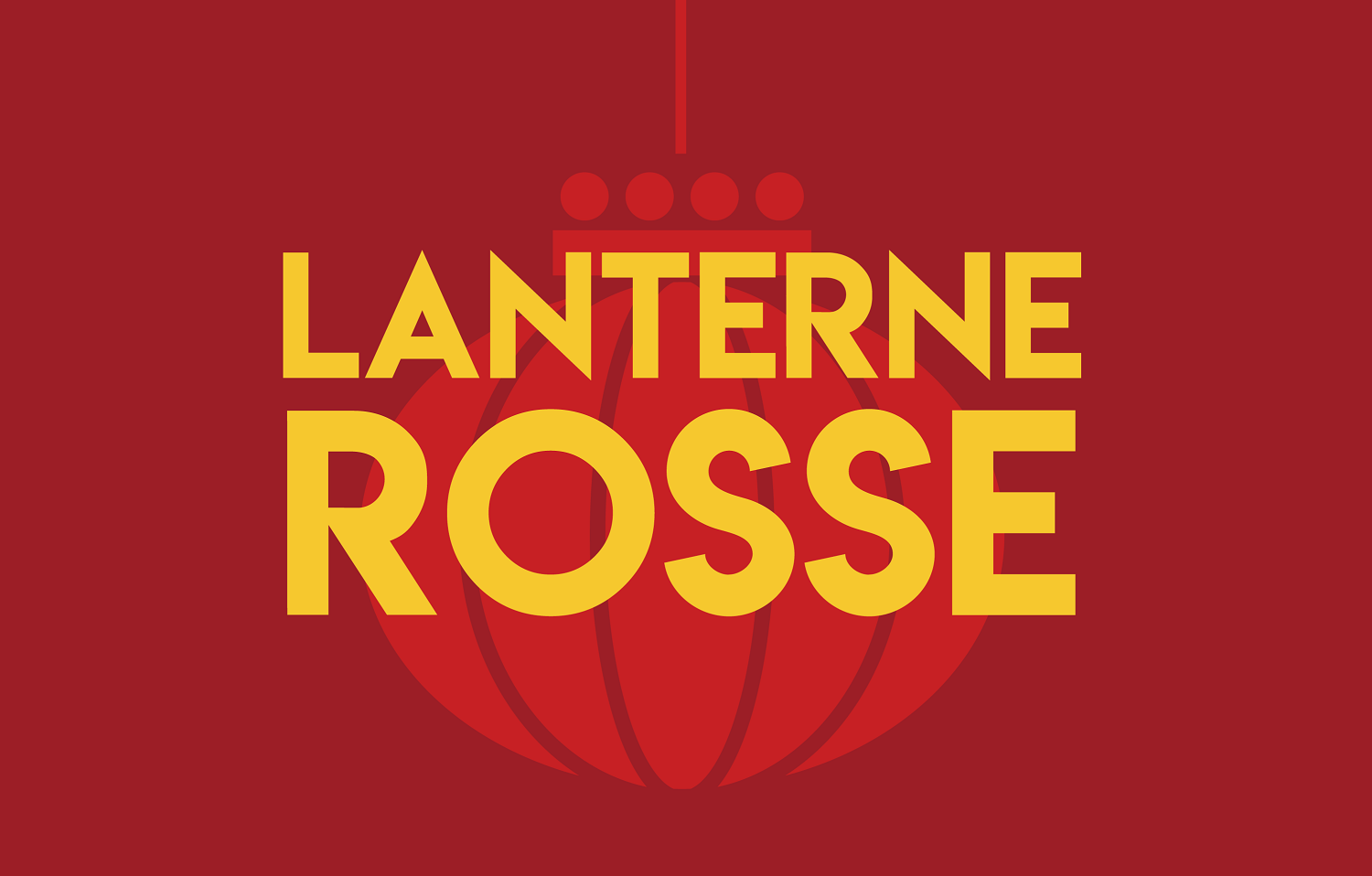China maintains its grip in the Pacific, as a pro-Chinese government holds onto power in the Solomon Islands
Former Foreign Minister Jeremiah Manele will be the new prime minister. Analysts expect him to adopt a less confrontational approach despite ties to China. Pacific nations are torn between loyalty to their Western partners and agreements (especially on security) with China.
Honiara (AsiaNews) – The government of the Solomon Islands will remain pro-Chinese. The parliament elected on 17 April chose Jeremiah Manele as the country’s new prime minister.
Manele was foreign minister in 2019 when the country under then Prime Minister Manasseh Sogavare broke off diplomatic relations with Taiwan and signed, three years later, a security treaty (whose content have not been made public) with China, which thus continues to maintain some influence in the Pacific.
Last week Sogarave announced that he would drop out of the prime ministerial race because of his party's disappointing results, then backed Manele, who has already announced that he would maintain close ties with Beijing.
Analysts, however, expect that, unlike his predecessor, Manele will take a less confrontational approach towards Western partners, who are concerned about relations between China and Pacific island nations.
In recent years, China has been increasingly involved with the police forces of several countries in the region. It has also provided funds and investments in ports, roads, and telecommunications infrastructure, in places where travel and contacts are limited by scarce resources and the progressive rise in sea levels due to climate change.
Case in point: In September 2021, China sent its first police liaison officer, based at the Chinese embassy, to Fiji. Last year teams of Chinese experts were sent to Vanuatu and Kiribati (another country that broke relations with Taiwan in 2019), while assistance to the Solomon Islands was stepped up after protests erupted in 2021 in the capital, Honiara. Many fear that the security pact signed in 2022 includes the deployment of Chinese military forces to the archipelago.
After the January unrest in Papua New Guinea, the country’s Foreign Minister Justin Tkachenko said that China had offered to provide surveillance equipment and technology in September, but he was careful to emphasise immediately that, in any case, Papua New Guinea will not "jeopardise or compromise relations" with Western partners.
In addition, China has offered investments to revive the tourist sector in Palau and the Marshall Islands, two countries that, together with Micronesia, are linked to Washington through Compacts of Free Association (COFA), which allow the United States to have access to the defence and security infrastructure in the Pacific nations in the event of an attack (and more).
According to experts, China has a dual interest in promoting police cooperation with these countries.
On the one hand, there is a practical need to protect the Chinese diaspora and investments, especially in the case of unrest, which is frequent; on the other hand, it is clear that this is an area where Beijing wants to exert greater influence at the expense of Washington.
For their part, US officials have again voiced concerns earlier this year after Chinese police officers visited Kiribati, fearing that China could rebuild a military airstrip less than 4,000 kilometres from Hawaii.
The small Pacific nations may not mind the geopolitical competition between China and their Western allies, because it provides additional leverage in diplomatic relations and helps get more aid and resources.
In 2022, China's foreign minister, Wang Yi, failed to convince Pacific leaders to sign two new cooperation agreements, while the following year, Fiji's prime minister, Sitiveni Rabuka, said he would tear up the police officer exchange deal with China, but then softened his tone.
In this competition for influence in the Pacific, China argues that the United States is not a reliable partner, seeking to counter what it believes to be an anti-China view proposed by Western media.
Last January, following a leak, it was discovered that one of the duties of a Chinese diplomat stationed at the embassy in Honiara was to influence local media coverage of the presidential election in Taiwan.
Western states, for their part, have highlighted the authoritarian style of police and officials from China, where human rights often take a back seat. In 2017, for example, Fijian police arrested 77 Chinese nationals, who were deported to China.
RED LANTERNS IS THE ASIANEWS NEWSLETTER DEDICATED TO CHINA. TO RECEIVE A WEEKLY UPDATE EVERY THURSDAY, CLICK HERE.
08/09/2020 16:30
30/05/2022 13:39







.png)










